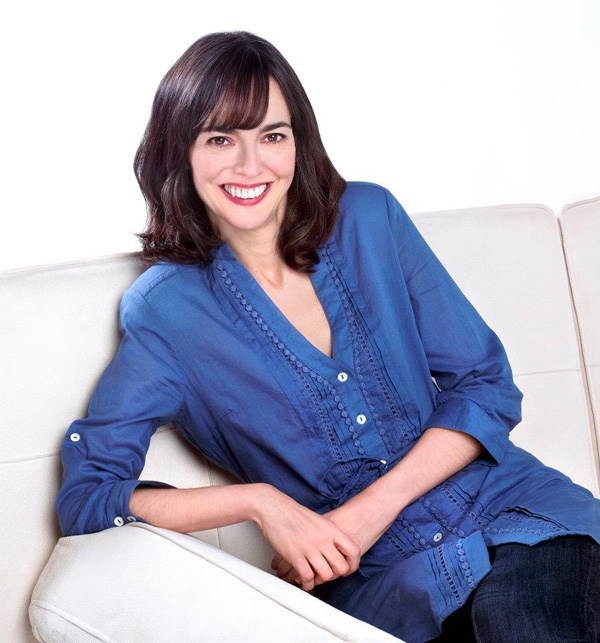
BY LENORE SKENAZY | It all began when a neighbor of filmmaker Scott Hamilton Kennedy’s sent a text asking if she could borrow some organic milk.
Kennedy texted back, “You can borrow some milk, but I don’t have organic.”
The friend politely declined, which set Kennedy to thinking. His family drank conventional milk. Did that make him a dad who didn’t care about his kids’ safety, or the environment?
That would be odd, since he was nominated for an Oscar for his film about a community garden blooming in South-Central Los Angeles.
Fortuitously, just as he was processing these ideas about how organic produce had become almost like a secret handshake among his “well-educated and well-intentioned” friends, he was approached by the Institute of Food Technologists, a group of 18,000 food scientists, to make a movie for their 75th anniversary.
The idea was to somehow illustrate the intersection of food and science. Eventually, Kennedy and his fellow producer, Brooklynite Trace Sheehan, decided to delve into one issue: GMOs, or genetically modified organisms. That is, plants where a geneticist has taken DNA from one organism and inserted it another to make a food easier to grow, or healthier, or hardier.
Like Kennedy’s organic-only neighbor, many folks consider GMOs “Frankenfood.” Jon Stewart, in his days as host of “The Daily Show,” called “G-M-O” the language’s three scariest letters.
Kennedy and Sheehan started wading into the debate. What they found was a war — and a huge disconnect between the science world, which overwhelmingly believes GMOs are safe, and the public, which does not.
“I feel like so many people who are skeptical of GMOs sort of lump together a hodgepodge of arguments, as if it’s one monolithic entity,” said Sheehan in a phone interview.
There are the people who think we’re growing too much corn, and who hate Monsanto (ignoring that farmers choose to buy the results of the company’s research). There are the people who want sustainable agriculture, but don’t take into account that organic farming can sometimes require more land, water, or (“organic”) pesticides than GMOs.
Kennedy’s crew flew to Uganda where the banana crop is dying due to a rotting disease. A genetically modified banana plant is being developed by public sector scientists there, and the farmers are desperate to start growing it. In the movie, we meet a mom and her children who survive on her small farm’s banana crop. When the trees die, we grimly understand: So will her kids.
The tree-saving modification has nothing to do with profit, America, or big agriculture. It is simply a scientific advance.
“We’ve been screening our film a while, and we ask before and after the film, ‘Who has concern about the safety of GMOs?’ And we see time and again, [the film] is changing minds,” said Sheehan. “No one says the farmers in Africa shouldn’t have the right to grow that genetically modified banana.”
And no one thinks it is going to hurt them, or should be shunned in favor of organic bananas.
And now that audiences agree that there’s at least one beneficial use of genetic modification, said Sheehan, “That’s a new place to start the conversation from.”
Neil deGrasse Tyson narrates “Food Evolution.” Having such a prominent scientist on board underscores the filmmakers’ message. When people ask Kennedy, “Are you really pro-GMO?’ ” he responds, “I am pro-science.”
After the movie, I tried having a pro-science conversation myself. My husband and I saw the film in Manhattan. There were precisely four people in the theater. As we were leaving, I saw two young men going up the stairs and said, “Wasn’t that amazing?”
“What?” they asked.
“The GMO movie.”
“We didn’t see that! GMOs are terrible! Monsanto! Cancer!”
So I quickly mentioned just one fact I’d learned from the film: If we want to have enough food to feed the 30 billion people soon to inhabit the planet and we only grow organically, we’ll have to chop down the rain forest to turn it into farmland.
“But if we grow GMO crops that need less space and less water, the rain forest is safe.”
That started a conversation.
Let’s hear it for more of those.
Lenore Skenazy is a keynote speaker, founder of the blog Free-Range Kids (freerangekids.com), and author of “Has the World Gone Skenazy?”
































